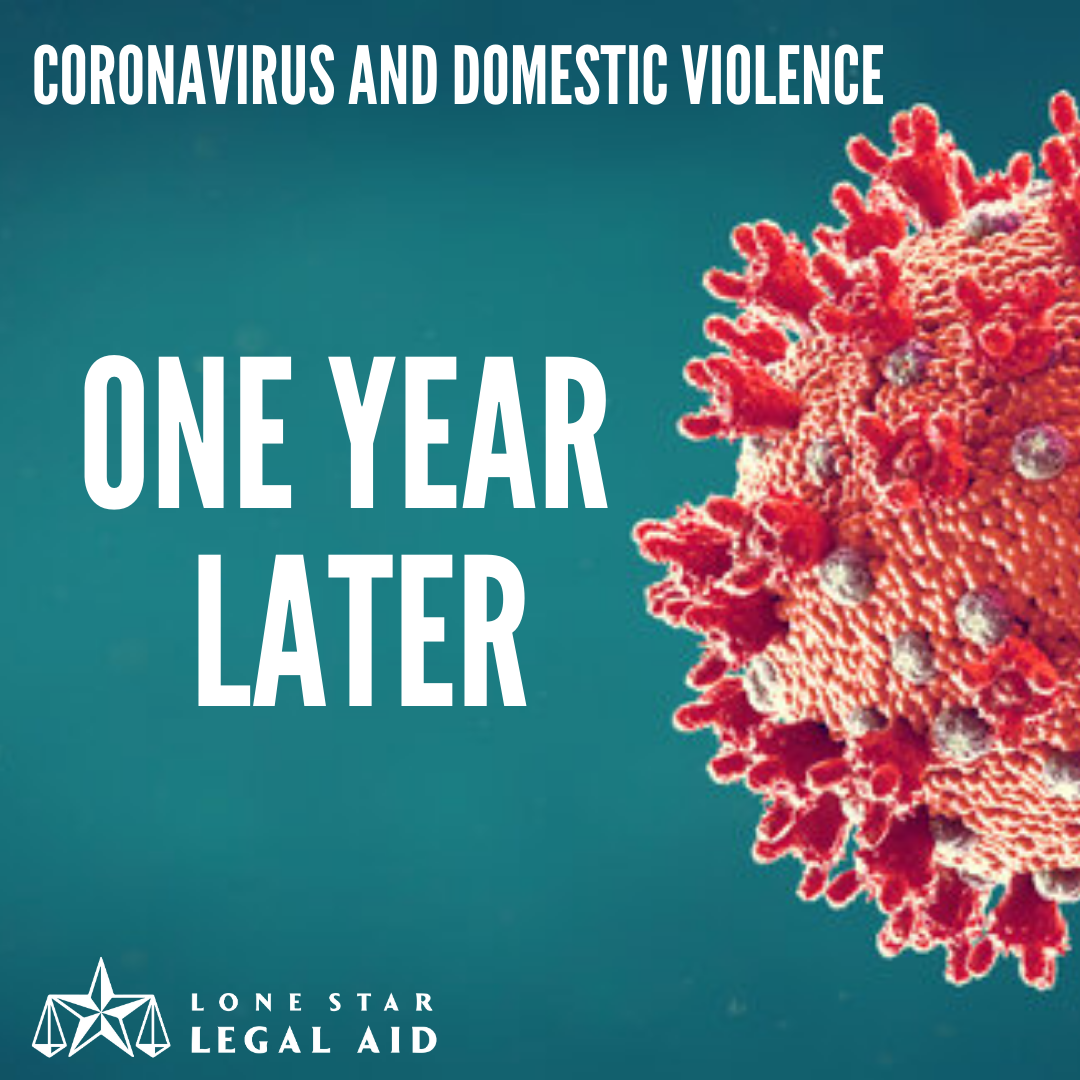
Challenging circumstances like the COVID-19 health pandemic have increased tension between intimate partners and reduced access to resources. Domestic violence has increased since the beginning of the pandemic, and now one year later, cases are still rising.
The same can be said for child and animal abuse. Even though the public has been encouraged to prevent the rise of COVID-19 cases by practicing social distancing and staying at home, the phrase “safer at home” does not apply to those who live in fear of violence. The forced close quarters in the face of rising rates of unemployment, financial stress, and the lack of basic necessities can lead to an increase in violence against people and animals.
“With tensions already running high due to worries concerning health, finances, supply shortages, mandatory homeschooling, and feelings of social isolation, the stay-at-home orders then led to terrible situations where people who were abused had limited recourse to escape the abuse,” Victoria Smith, Assistant Directing Attorney of Rural Legal Services and Project Director of Lone Star Legal Aid’s Individual Safety Unit said.
Increased risk during a crisis
On top of numbers of COVID-19 cases, organizations have noted a rise in domestic violence cases and most are going unreported. Staying home to prevent the spread of the virus is a vulnerable time for the victim. For an abuser, this is an opportunity to take advantage of their victim by making sure their victim stays home, treating them however they want by being physically violent or emotionally abusive, in addition to giving the victim no way to reach out for help.
Studies show an increase in domestic violence and abuse after a disaster is declared. While mothers and their children are more report, men experience domestic violence as well.
Many Texas shelters have had to limit numbers of victims they could take in to comply with state social distancing guidelines to reduce the spread of the virus. In Houston, there haven’t been enough beds for all the survivors who chose to escape from their abusive environments. Several domestic violence shelters have closed due to full capacity which makes it harder for many victims to find a safe place.
If you would like to read our original blog from one year ago on domestic violence due to the pandemic, click here.
Resources
The Texas Crime Victim Legal Assistance Network
National Sexual Assault Hotline 1-800-656-HOPE (4673)
National Domestic Violence Hotline 1-800-799-7233
The Rape Crisis Center 210-349-7273
National Sexual Violence Resource Center
If you or a loved one are a victim and need assistance, you can apply for free legal services by calling 1-800-733-8394 or by visiting our website at http://www.lonestarlegal.org.
For more resources, visit the Texas Crime Victim Legal Assistance Network.
Lone Star Legal Aid is a 501(c)(3) nonprofit law firm focused on advocacy on behalf of low-income and underserved populations. Lone Star Legal Aid serves the millions of people at 125% of federal poverty guidelines that reside in 72 counties in the eastern and Gulf Coast regions of Texas, and 4 counties of southwest Arkansas. Lone Star Legal Aid focuses its resources on maintaining, enhancing, and protecting income and economic stability; preserving housing; improving outcomes for children; establishing and sustaining family safety and stability, health and well‐being; and assisting populations with special vulnerabilities, like those who have disabilities, or who are elderly, homeless, or have limited English language skills. To learn more about Lone Star Legal Aid, visit our website at www.lonestarlegal.org Media Contact: media@lonestarlegal.org
